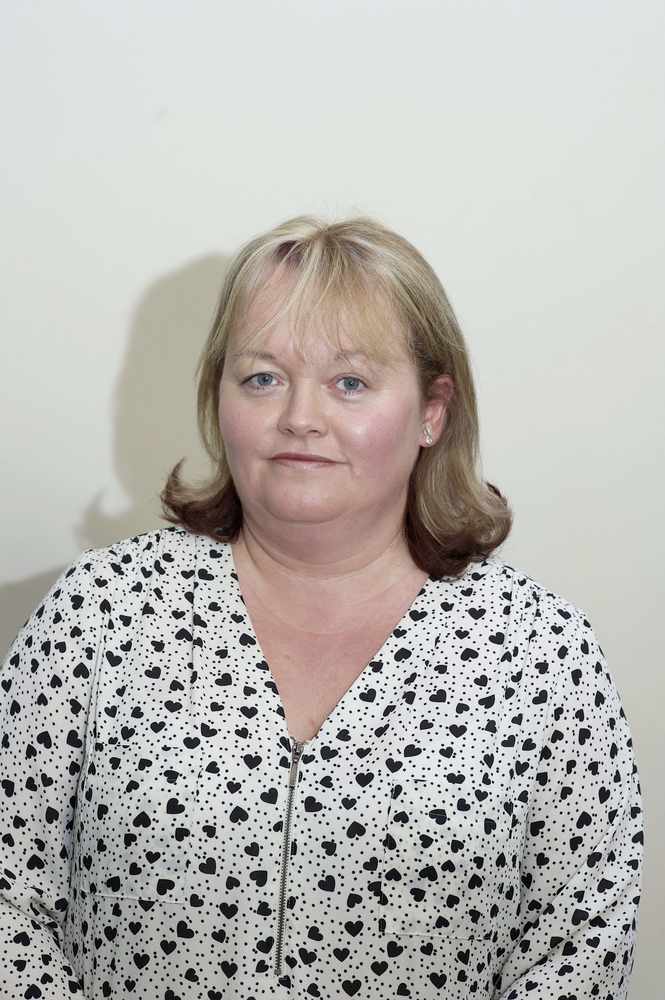I am worried my daughter has caught nits. The problem is going around her class and she keeps scratching her head. How do I treat it?

Head lice are an extremely common problem and they are not easy to avoid, particularly in primary school children, where they are the most prevalent. Transmission requires direct head-to-head contact, as lice cannot jump, fly or swim but they can crawl from one head to another. The only reliable way to determine if they are present is to find a live head louse by carefully combing through wet or dry hair using a lice comb.
Treatment choices include the ‘wet combing’ method, chemical insecticides or physical insecticides. The ‘wet combing’ method uses four combing sessions with a lice comb during the first two weeks and should continue thereafter until no lice are found for at three consecutive sessions.
Chemical insecticide and physical insecticides each have pros and cons, which your local pharmacist will discuss with you. If you chose one of these methods, it is important to closely follow the manufacturer’s directions.
Unfortunately, no treatment offers 100% cure rate. Treatment is based upon choice, your child’s age and any pre-existing asthma or skin conditions.
My young child is showing signs of hay fever. Can children have it at a young age and what can I do to help?

Hay fever, or allergic rhinitis, usually starts in children at around seven years and occurs in up to one-third of teenagers.
As with other allergies, hay fever is on the increase, affecting both younger children and older age groups than previously.
Symptoms can be difficult to distinguish from the common cold. These include sneezing and a clear runny nose, itchy and puffy eyes and general irritability.
However, unlike the name suggests, it does not cause fever and symptoms can last several weeks or more.
Most are sensitive to grass pollen, which presents in May through July.
A helpful calendar showing the seasons when different grass and tree pollens are in the atmosphere is available on the Met Office website at www.metoffice.gov.uk.
If your child is experiencing hay fever-like symptoms during the winter or throughout the year, it is likely these are due either to recurrent respiratory viral illness or allergy to house dust mites, pet dander or fungal spores.
Avoidance measures and treatment of these different sources of allergy and infection vary.
Be sure of the correct diagnosis and seek advise from your doctor and pharmacist.
I have two teenage step-children and my own son but I am finding it very difficult to connect with my step-children. I really want to have a better relationship with them but I feel they dont want me in their lives.

It can take many years for children to even tolerate, let alone accept, a step-parent. Sounds like your stepchildren are already negotiating teenage years when they may have already begun to disconnect from birth parents and may have no time or desire to connect with step-parents, caring or not.
It can take up to two years for a child or young person to accept that parents may not be getting back together and from there children have to begin to negotiate and manage intense loyalty issues towards other parents. No matter what the circumstances of separation, we now know with complete certainty from years of research that if we want to prevent divorce leaving a permanent dark cloud over children’s lives it is crucial that the other parent is only ever spoken about in respectful terms. (For a stark account of consequences of this please look up parent alienation syndrome.) In the meantime enjoy your relationship with your son and let your step-children know that you care by the things that you do, rather than the things that you say. For more help, contact The Bridge on 449152.
I am a single parent looking to return to work but cannot afford childcare. What help is available for me?

This is a tricky one to answer without a little more information.
If you have lived in Jersey for more than five years and are on a low income, then you may be eligible for the childcare component of income support.
Your household costs, expected earnings and the standard costs of registered childcare will all be taken into account when the Social Security Department determines if you are eligible to receive any financial support.
If you have lived in Jersey for less than five years, but your child was born here in Jersey, you may be eligible for the Recently Arrived Discount Scheme.
This scheme assists with the cost of childcare to eligible low-income households, and is also administered by Social Security.
You can find out more from www.gov.je/benefits/incomesupport or by phoning or visiting the department in person.
An estimate of any potential entitlement to income support can be given over the phone.
My toddler is about to start walking and I want to make my home safe for him. How can I do this?

Most accidents to children of this age happen at home, so identifying some of the more dangerous things he will come in to contact with is key in keeping him safe.
Perhaps the best thing is to go from room to room, get down to his level and see what he can see.
Some things to consider are:
Do you have working smoke detectors and are they checked on the first of each month?
The kitchen is probably the most dangerous room in the house, containing poisons, heat, sharp objects and more. Have you considered a stair gate across the kitchen door?
In the bathroom, keep all lotions and potions up high and out of reach and make sure that all medicines are kept in their original containers, out of reach and, if possible, in a locked box.
Use door jambs to prevent fingers being trapped. Make sure that blind cords are kept out of reach and do not have a looped end. We have some really useful advice on our website, which includes articles on poisons, burns and scalds, falls, finger crush injuries and baby walkers.
What age is a child legally allowed to start work and for how many hours and days a week?

The regulations that govern the employment of children (ie for those under 16) are set out in the Children (Regulation of Employment) (Jersey) Order 2011.
This contains a lot of detail about breaks, holidays etc, but the key points are that no child under the age of 13 is permitted to work, no child can work outside the hours of 6 am and 8.15 pm and no child can work for more than two hours on any school day or for more than 12 hours in any school week.
In holiday time, no child aged under 15 can work for more than seven hours on any day or for more than 25 hours in a week. For a child aged 15, these hours are eight and 35 respectively.
It has become more difficult for children aged 13–15 to gain part-time work and this makes schemes such as Trident even more important.
Through Trident young people are offered work experience during either Year 10 or Year 11, which allows them to start to develop the skills which are essential as they move along their career path. Further details can be found at the States website.






